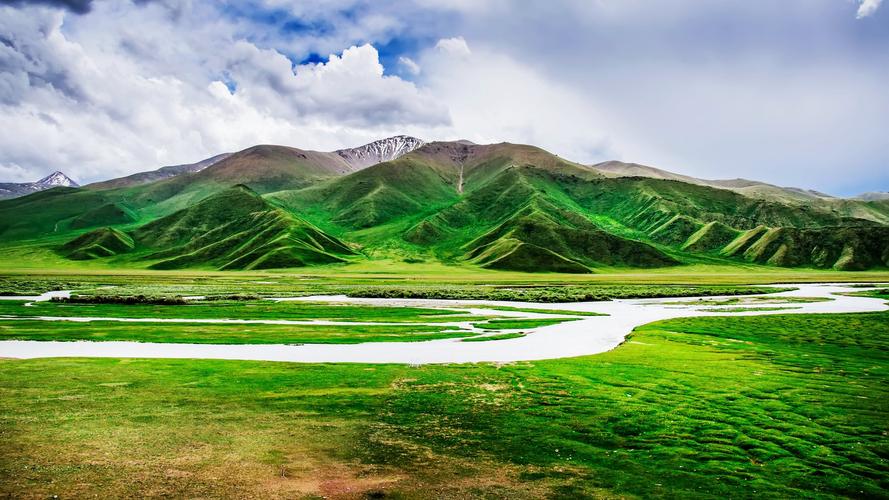Indigenous knowledge is the accumulated wisdom and understanding of people who have lived in a particular region for countless generations. It encompasses a vast array of practices, skills, and beliefs that are rooted in a deep respect for nature, community, and the interconnectedness of all things. Here are ten fascinating examples of indigenous knowledge from around the world.
1. The Bushmen of the Kalahari Desert in southern Africa have developed an intricate understanding of their environment, including which plants can be used for food, medicine, and even poison. They have also honed their tracking skills to hunt game and navigate through the desert.
2. In the Amazon rainforest, indigenous tribes have developed an incredible knowledge of the medicinal properties of plants. They have discovered hundreds of remedies for ailments ranging from snakebites to headaches and use them to survive in a challenging environment.
3. In Australia, the Aboriginal people have an intimate understanding of the land, which they call “Country.” They have developed sophisticated methods for managing the landscape, including controlled burning to foster new growth and attract game.
4. The Inuit people of the Arctic have developed an array of survival skills, including building igloos for shelter and developing technologies such as the kayak and the dogsled to travel over snow and ice.
5. The Maori people of New Zealand have a deep spiritual connection to the land and have developed a complex system of traditional knowledge and practices known as “mauri.” This includes a holistic approach to health that incorporates physical, spiritual, and social well-being.
6. The Native American tribes of North America have developed an extensive knowledge of the medicinal properties of plants, many of which are now used in modern medicine. They also have a deep respect for the natural world and incorporate elements of nature into their daily lives.
7. In the Andes Mountains of South America, indigenous communities have developed innovative agricultural techniques such as terracing, irrigation, and the use of guano for fertilizer. They have also developed a rich tradition of music and dance.
8. In the Pacific Islands, the Polynesian people have developed sophisticated navigational skills using only the stars and the ocean currents to guide their boats across vast distances. They also have a deep respect for the ocean and the creatures that live within it.
9. In the Tibetan Plateau, the nomadic people of the region have developed techniques for living in one of the harshest environments on earth. They use yaks for transportation, wool for clothing, and cultivate hardy crops such as barley and wheat.
10. The Sami people of northern Europe have developed a unique relationship with reindeer, using them for transportation, food, and clothing. They have also developed a rich cultural tradition of storytelling, music, and art.
These are just a few examples of the vast body of indigenous knowledge that exists around the world. It is a testament to the resilience, ingenuity, and adaptability of human communities in the face of diverse challenges and environments. As we strive to build a more sustainable and equitable world, there is much we can learn from the wisdom and experience of our indigenous sisters and brothers.
(Note: Do you have knowledge or insights to share? Unlock new opportunities and expand your reach by joining our authors team. Click Registration to join us and share your expertise with our readers.)
Speech tips:
Please note that any statements involving politics will not be approved.
